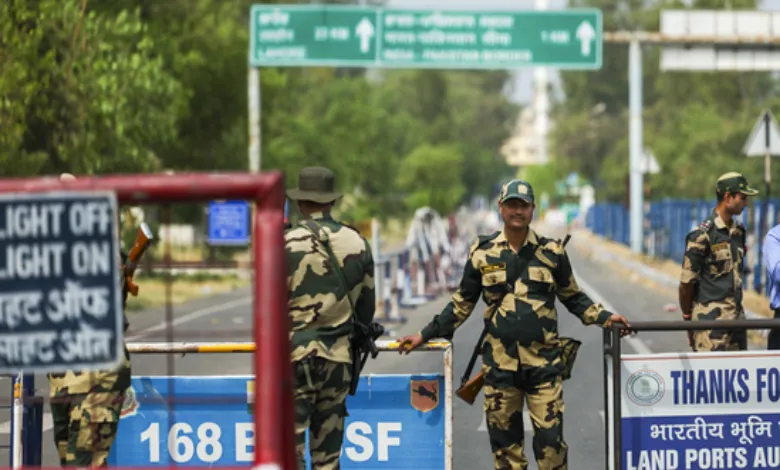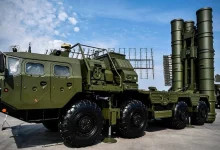India-Pakistan Tensions Escalate Post-Pahalgam Attack: Retaliatory Strikes, Missile Test, and Diplomatic Fallout

India-Pakistan relations have sharply deteriorated following the recent terror strike in Jammu and Kashmir’s Pahalgam, which left 26 people dead. The fallout from the April 22 attack has triggered a series of measures from both sides, including military action, diplomatic moves, and heightened alert across borders.
India responded by freezing visa services for Pakistani nationals, suspending portions of the Indus Waters Treaty process, and expelling Pakistani citizens. In reaction to continued ceasefire violations by Pakistan across the Line of Control (LoC), Indian forces have responded proportionately and promptly.
Amid growing global concern, the United States and the European Union have urged both nuclear-armed neighbours to exercise restraint, while firmly denouncing the terror attack. India has reiterated its demand that those responsible—be it perpetrators or their supporters—be brought to justice.
According to sources cited by PTI, Pakistan has ramped up military preparedness, conducting intense naval exercises in the Arabian Sea and frequently violating the LoC ceasefire since the attack.
Key Developments:
- PM Modi’s Stand on Terrorism:
Prime Minister Narendra Modi labelled terrorism as humanity’s gravest threat and vowed strong action against both militants and their enablers. His comments came after talks with Angolan President Joao Lourenco, during which he also announced a $200 million defence credit line for Angola. The Pahalgam incident reportedly featured in their discussion. - Omar Abdullah Meets Modi:
Jammu and Kashmir Chief Minister Omar Abdullah met the Prime Minister to review the situation following the attack. During the 30-minute meeting, Abdullah highlighted local outrage and spontaneous protests. He also praised Syed Adil Hussain Shah, a pony ride operator who tried to disarm an attacker to shield tourists. - Pakistan Conducts Missile Test:
Pakistan test-fired its Abdali surface-to-surface missile with a 450 km range. The Inter-Services Public Relations (ISPR) stated the test was part of routine training to validate key missile systems. - India Terms Missile Launch Provocative:
Sources in New Delhi, quoted by PTI, described the missile test as a provocative and desperate move by Pakistan. While India has yet to issue an official response, it acknowledged that Pakistan had followed protocol by notifying it in advance. - India Imposes Trade and Postal Bans:
As part of economic measures, India suspended all postal links with Pakistan and banned Pakistani-flagged ships from Indian ports. Indian vessels were also prohibited from docking in Pakistani harbours. These steps were confirmed by the Directorate General of Shipping. - CRPF Jawan Dismissed Over Pakistani Links:
The CRPF dismissed constable Munir Ahmed for allegedly concealing his marriage to a Pakistani woman. Officials cited national security risks and invoked special rules to terminate his service without an inquiry. - Intelligence Alerts Ignored:
Ahead of the Pahalgam attack, Indian intelligence agencies had warned about possible terror threats targeting tourists around Prime Minister Modi’s planned April 19 visit to Jammu and Kashmir. Although his visit was cancelled due to weather, the attack occurred just days later, targeting Hindu tourists near Pahalgam. - Sri Lanka Probes Terror Link on Flight:
Sri Lankan authorities searched a flight from Chennai after receiving intelligence about a suspect possibly linked to the Pahalgam attack. The aircraft, which landed at Bandaranaike International Airport at 11:59 am, was cleared after a security sweep, though its onward journey to Singapore was delayed.
The situation remains volatile, with further developments expected as both countries navigate the aftermath of one of the deadliest attacks in recent years.
(With PTI inputs)




